When it comes to choosing the perfect flooring or wall covering for your home or commercial space, dry pressed ceramic tiles stand out as a popular and versatile option. With their durability, aesthetic appeal, and easy maintenance, dry pressed ceramic tiles have become a go-to choice for interior and exterior design projects. In this comprehensive guide, we will delve into the world of dry pressed ceramic tiles, exploring their characteristics, manufacturing process, benefits, and installation methods. Whether you are a homeowner, architect, interior designer, or contractor, this article will provide you with valuable insights into the advantages of using dry pressed ceramic tiles in your next renovation or construction project.
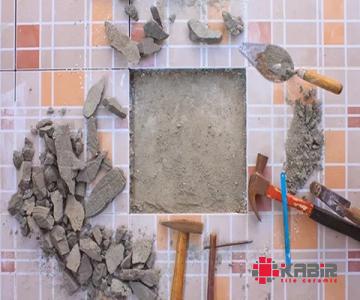
.
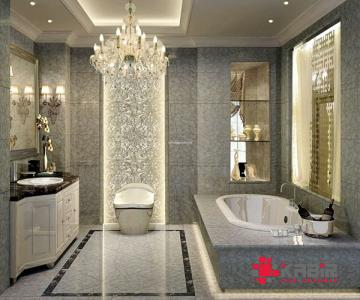 What are Dry Pressed Ceramic Tiles? Dry pressed ceramic tiles, also known as dust-pressed tiles, are created from a mixture of ceramic clays and minerals that are compacted under high pressure and then fired at high temperatures. This manufacturing process results in dense and durable tiles with a consistent thickness and precise dimensions. Dry pressed ceramic tiles are available in a wide range of sizes, shapes, colors, patterns, and textures, making them a versatile choice for various design applications. Characteristics of Dry Pressed Ceramic Tiles: 1. Durability: Dry pressed ceramic tiles are known for their exceptional durability and longevity. They are resistant to scratches, stains, moisture, and heavy foot traffic, making them suitable for high-traffic areas such as kitchens, bathrooms, and entryways. 2. Versatility: Dry pressed ceramic tiles come in a myriad of designs, ranging from classic to contemporary styles. They can mimic the look of natural stone, wood, concrete, marble, and other materials, allowing you to achieve the desired aesthetic for your space.
What are Dry Pressed Ceramic Tiles? Dry pressed ceramic tiles, also known as dust-pressed tiles, are created from a mixture of ceramic clays and minerals that are compacted under high pressure and then fired at high temperatures. This manufacturing process results in dense and durable tiles with a consistent thickness and precise dimensions. Dry pressed ceramic tiles are available in a wide range of sizes, shapes, colors, patterns, and textures, making them a versatile choice for various design applications. Characteristics of Dry Pressed Ceramic Tiles: 1. Durability: Dry pressed ceramic tiles are known for their exceptional durability and longevity. They are resistant to scratches, stains, moisture, and heavy foot traffic, making them suitable for high-traffic areas such as kitchens, bathrooms, and entryways. 2. Versatility: Dry pressed ceramic tiles come in a myriad of designs, ranging from classic to contemporary styles. They can mimic the look of natural stone, wood, concrete, marble, and other materials, allowing you to achieve the desired aesthetic for your space.
..
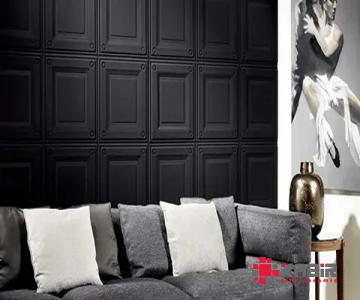 3. Easy Maintenance: One of the key advantages of dry pressed ceramic tiles is their low maintenance requirements. They are easy to clean with mild soap and water, making them ideal for busy households and commercial spaces. 4. Eco-Friendly: Dry pressed ceramic tiles are made from natural materials and are recyclable, reducing their environmental impact. They are also energy-efficient, as they can help regulate indoor temperatures and reduce heating and cooling costs. 5. Cost-Effective: Dry pressed ceramic tiles are an affordable flooring and wall covering option compared to natural stone or hardwood. They offer excellent value for money due to their durability and long lifespan. Manufacturing Process of Dry Pressed Ceramic Tiles: The production of dry pressed ceramic tiles involves several intricate steps to ensure quality and consistency. Here is an overview of the manufacturing process: 1. Raw Materials Selection: High-quality ceramic clays, minerals, pigments, and additives are carefully selected to achieve the desired properties and appearance of the tiles. 2. Mixing: The raw materials are mixed in precise proportions to form a homogenous mixture that will provide the necessary strength and color when fired. 3. Pressing: The mixture is fed into a mold and compacted under high pressure using a hydraulic press. This process removes excess moisture and air from the clay to create a dense tile body.
3. Easy Maintenance: One of the key advantages of dry pressed ceramic tiles is their low maintenance requirements. They are easy to clean with mild soap and water, making them ideal for busy households and commercial spaces. 4. Eco-Friendly: Dry pressed ceramic tiles are made from natural materials and are recyclable, reducing their environmental impact. They are also energy-efficient, as they can help regulate indoor temperatures and reduce heating and cooling costs. 5. Cost-Effective: Dry pressed ceramic tiles are an affordable flooring and wall covering option compared to natural stone or hardwood. They offer excellent value for money due to their durability and long lifespan. Manufacturing Process of Dry Pressed Ceramic Tiles: The production of dry pressed ceramic tiles involves several intricate steps to ensure quality and consistency. Here is an overview of the manufacturing process: 1. Raw Materials Selection: High-quality ceramic clays, minerals, pigments, and additives are carefully selected to achieve the desired properties and appearance of the tiles. 2. Mixing: The raw materials are mixed in precise proportions to form a homogenous mixture that will provide the necessary strength and color when fired. 3. Pressing: The mixture is fed into a mold and compacted under high pressure using a hydraulic press. This process removes excess moisture and air from the clay to create a dense tile body.
…
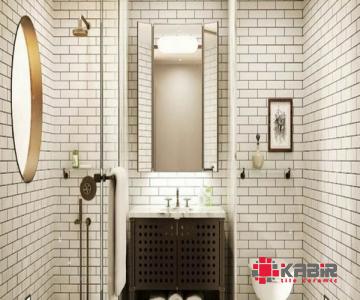 4. Drying: The pressed tiles are dried in kilns to remove residual moisture and prepare them for firing. 5. Firing: The dried tiles are fired in kilns at high temperatures (ranging from 1000 to 1200 degrees Celsius) to vitrify the clay particles and create a solid, durable tile. Benefits of Dry Pressed Ceramic Tiles: 1. Design Versatility: Dry pressed ceramic tiles offer endless design possibilities, allowing you to create unique patterns, textures, and color combinations to enhance your space. 2. Durability and Longevity: With proper installation and maintenance, dry pressed ceramic tiles can last for decades without losing their beauty or functionality. 3. Hygienic and Allergen-Free: Ceramic tiles are non-porous and resistant to mold, bacteria, and allergens, making them an ideal choice for areas where hygiene is paramount, such as kitchens and bathrooms. 4. Heat and Moisture Resistance: Dry pressed ceramic tiles are heat-resistant and do not absorb moisture, making them suitable for use in kitchens, bathrooms, and outdoor spaces. 5. Eco-Friendly and Sustainable: Ceramic tiles are made from natural materials, require minimal maintenance, and can be recycled at the end of their lifespan, reducing waste and environmental impact.
4. Drying: The pressed tiles are dried in kilns to remove residual moisture and prepare them for firing. 5. Firing: The dried tiles are fired in kilns at high temperatures (ranging from 1000 to 1200 degrees Celsius) to vitrify the clay particles and create a solid, durable tile. Benefits of Dry Pressed Ceramic Tiles: 1. Design Versatility: Dry pressed ceramic tiles offer endless design possibilities, allowing you to create unique patterns, textures, and color combinations to enhance your space. 2. Durability and Longevity: With proper installation and maintenance, dry pressed ceramic tiles can last for decades without losing their beauty or functionality. 3. Hygienic and Allergen-Free: Ceramic tiles are non-porous and resistant to mold, bacteria, and allergens, making them an ideal choice for areas where hygiene is paramount, such as kitchens and bathrooms. 4. Heat and Moisture Resistance: Dry pressed ceramic tiles are heat-resistant and do not absorb moisture, making them suitable for use in kitchens, bathrooms, and outdoor spaces. 5. Eco-Friendly and Sustainable: Ceramic tiles are made from natural materials, require minimal maintenance, and can be recycled at the end of their lifespan, reducing waste and environmental impact.
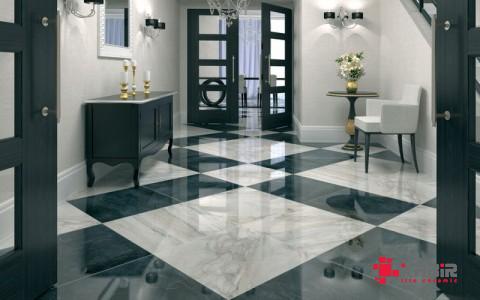
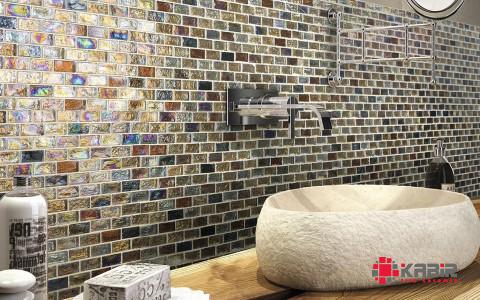
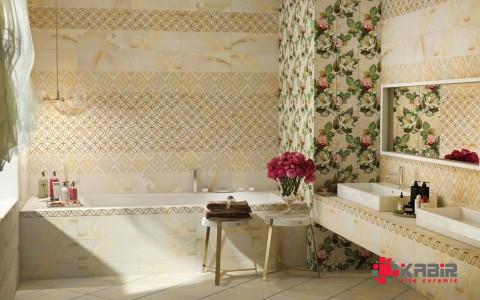
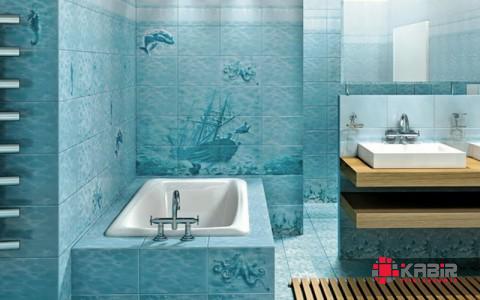
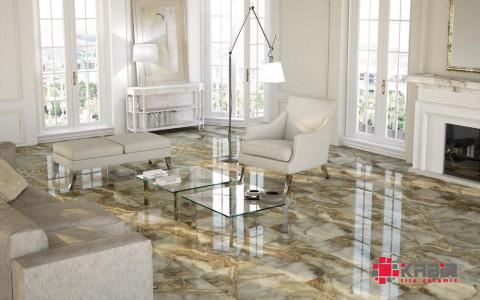
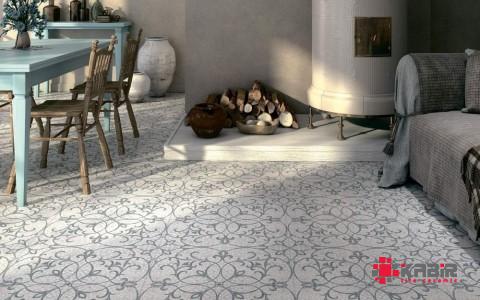
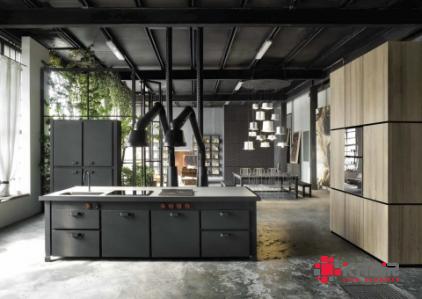
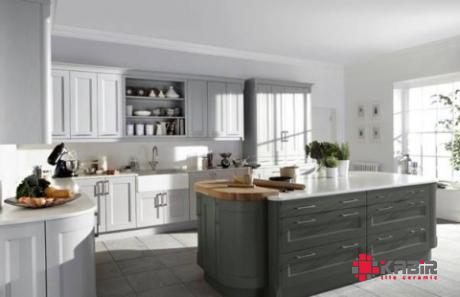
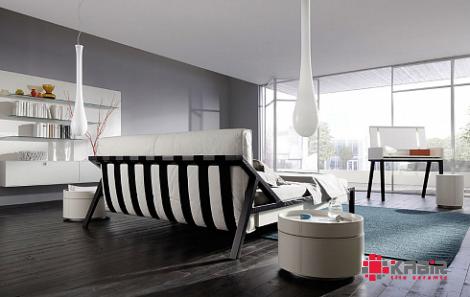
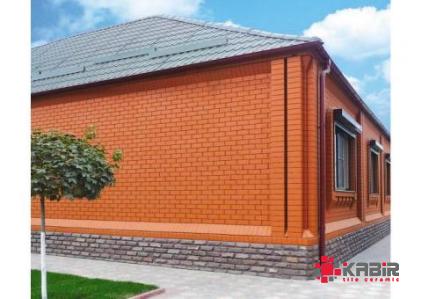
Your comment submitted.